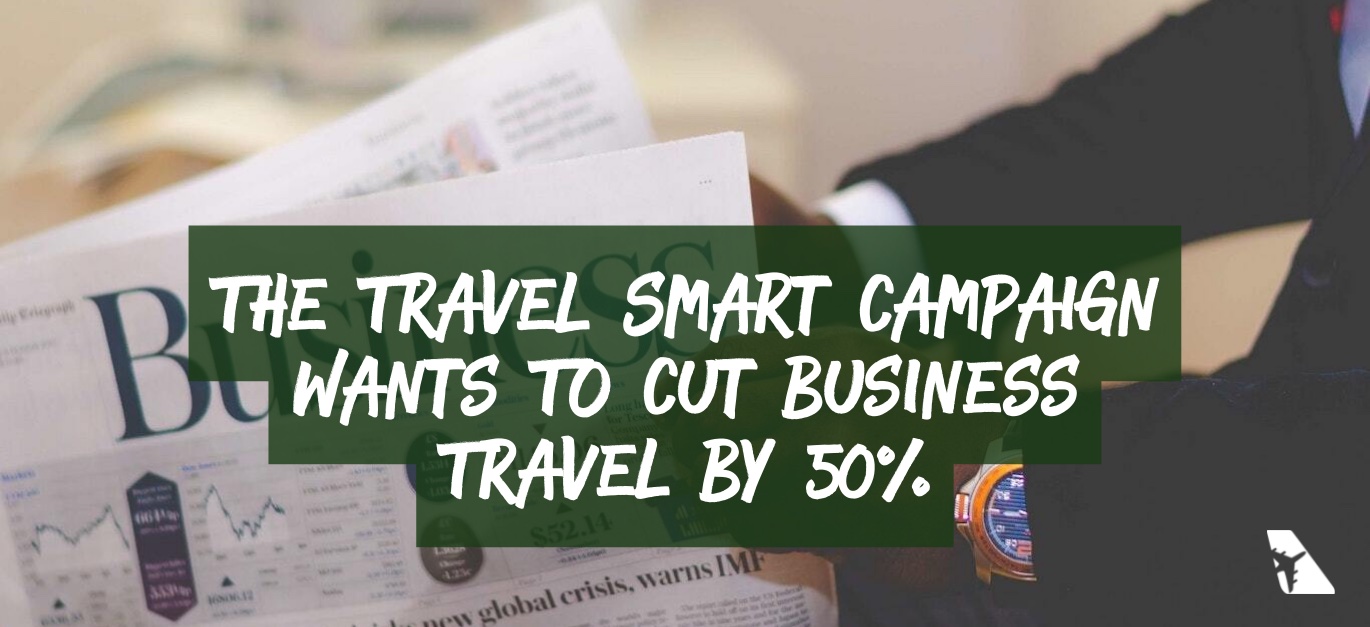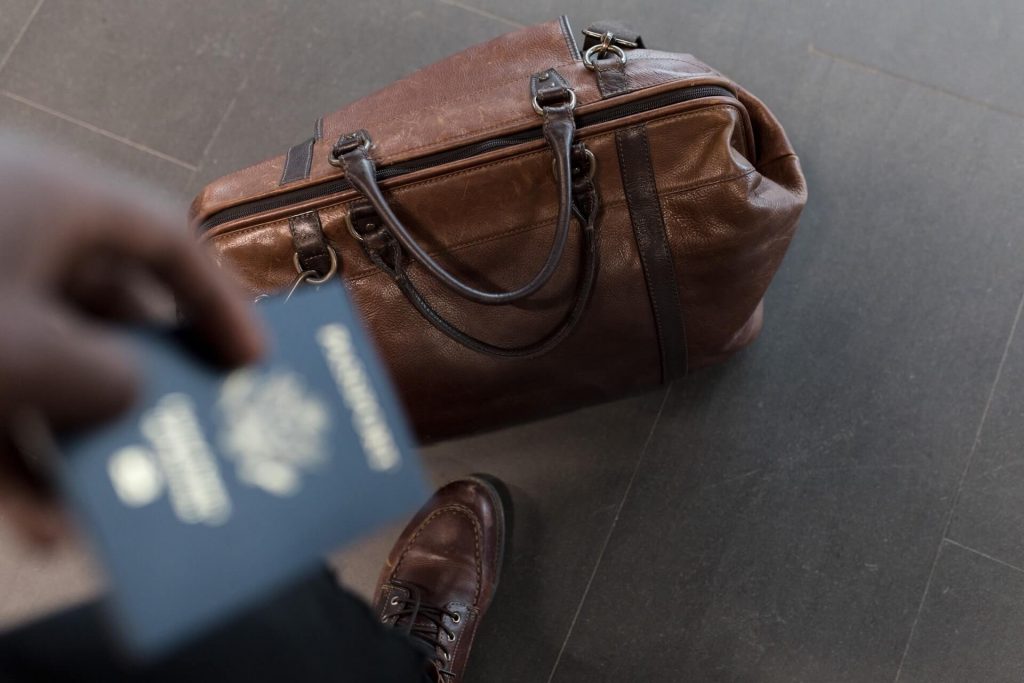ARTICLE
Holly Boyd-Boland, VP Corporate Development & Sustainab ...

Much of the noise and visible public pressure against airlines comes from climate change activists. But at the same time, something perhaps even more impactful is happening under the radar: Corporates are starting to curb business travel in response to sustainability concerns.
This is a trend that we’ve been tracking since before COVID.
Large companies are under pressure from customers, staff and also increasingly shareholders to show that they take climate change seriously. One way for them to do that, which also has the benefit of saving money, is to cut staff travel.
Last year, the World Economic Forum published a study saying that “only” 25% of businesses listed the environment as a top priority when it comes to their corporate travel programme.
But one in four businesses is actually quite significant, and could represent tens of thousands of seats, and that number will only go up.
This comes as Brussels based lobby group Transport & Environment earlier this year teamed up with American NGO Stand.Earth to launch a campaign called “Travel Smart.” The goal is to encourage businesses to cut staff travel to 50% of pre COVID levels by 2025.

To illustrate how businesses are or are not doing that, Travel Smart features a league table of 230 major North American and European companies.
Each company has been graded according to eight indicators, relating to emissions reduction targets, reporting and air travel emissions.
Not surprisingly, Transport & Environment (T&E) and Stand.Earth claim that corporates need to do more, saying that, “out of the 230 companies, 193 fail to act with sufficient speed and ambition to tackle corporate travel emissions. Businesses like Volkswagen, Accenture and BP lie in the ranking’s lowest category and must accelerate their transition.”
If 193/230 are flying much as before, why should airlines care? A few reasons:
1 – There are some significant names in the table who have made public commitments to cut travel. For example, Danish Pharma company Novo Nordisk has committed to the target of a 50% travel reduction by 2025. PWC in the UK has said it will reach that target by 2030. Meanwhile US software company Adobe wants to cut business travel by 30%.
2 – The companies on the lower end of the table are now under the spotlight as almost all will have published sustainability programmes. Microsoft for example has an ambitious goal to become carbon negative, yet according to Travel Smart has not made explicit business travel commitments
3 – It’s an easy win for a company that wants to burnish its sustainability credentials.
4 – The direction of travel here is only one way. Just like climate change concerns as a whole, sustainability pressures from within the business community will only increase, not decrease.
And there’s some evidence that employees themselves support this. A study in the US by S&P in May showed that 88% would be willing to take steps to reduce their environmental impact while travelling for work, with GenZ employees being particularly keen to do so. A 21 year old graduate today is the middle manager of 2030 and senior manager of 2040.
Meanwhile Travel Smart themselves have commissioned an IPSOS-MORI study, which claims that 74% of employees believe their employers should set sustainability led corporate travel targets.
So airlines need to be able to respond to this growing trend from the corporate market.
However, airlines that are ahead with their sustainability programmes should see this as an opportunity. In the future, there’s every chance that a corporate travel manager will, when presented with two airline choices, choose the least carbon intensive option, in line with his or her internal sustainability guidelines.
More aviation-specific sustainability updates and analysis can be found in our twice-weekly Sustainability In The Air newsletter, led by SimpliFlying’s Research Director Dirk Singer. Do subscribe to our send-out to stay on top of the latest trends.
© 2022 SimpliFlying Pte. Ltd.